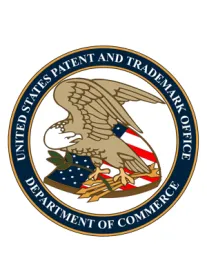On May 19, 2015, the United States Patent and Trademark Office (USPTO) issued a final rule amending its regulations that apply to post-grant proceedings. These new rules deal with ministerial changes such as increasing page limits and making the regulations reflect the current practices used by the Patent Trial and Appeal Board (PTAB). A second set of rule changes—to be issued later this year—will be more substantive and issued in proposed form first with an opportunity for public comment. We will issue an On the Subject when the second set of rules is issued, and we will be happy to assist with the submission of any comments. Below is a brief overview of the major provisions of this first amendment to the regulations.
-
Motions to Amend. The page limit for motions to amend, and oppositions to motions to amend, is increased from 15 pages to 25 pages. The required claim listing may now be made in an appendix accompanying the motion to amend, and the appendix is not counted toward the 25-page limit.
-
Petitioner’s Reply Brief. The page limit for the petitioner’s reply to patent owner’s response after institution is increased from 15 pages to 25 pages.
-
Font Style. All filings must be in 14-point, Times New Roman proportional font.
-
Back-Up Counsel. The rules are modified to make it clear that there can be more than one back-up counsel. There may be only one lead counsel.
-
Fees. The rules clarify that you must include in the number of claims in the petition when calculating the required fees each challenged claim as well as any claim from which a challenged claim depends, unless that claim is separately challenged. The USPTO explains that the claims from which the dependent claim depends must be construed along with the dependent claim.
-
Right to Depose. The rules make clear that routine or automatic discovery only includes affidavit testimony prepared for the post-grant proceeding. Consequently, if an affidavit is submitted from a district court proceeding, a motion must be filed to depose that affiant.
-
Objections to Evidence. The rule makes it clear that objections to evidence must be filed with the PTAB and served on opposing counsel.
-
Covered Business Method Proceedings. The rule explicitly provides that a covered business method proceeding may not be instituted where the petitioner filed a civil action challenging the validity of a claim of the patent before filing the petition. The change was made to track the statute.




 />i
/>i

